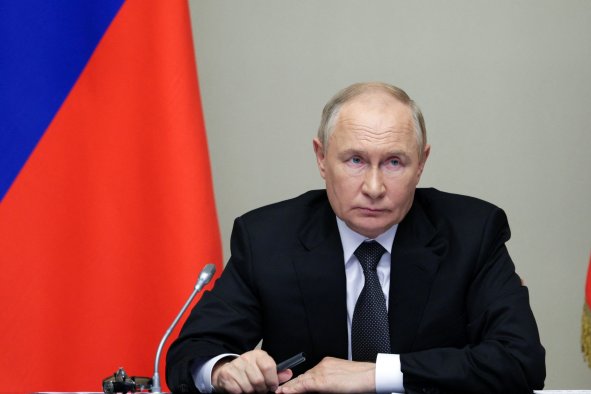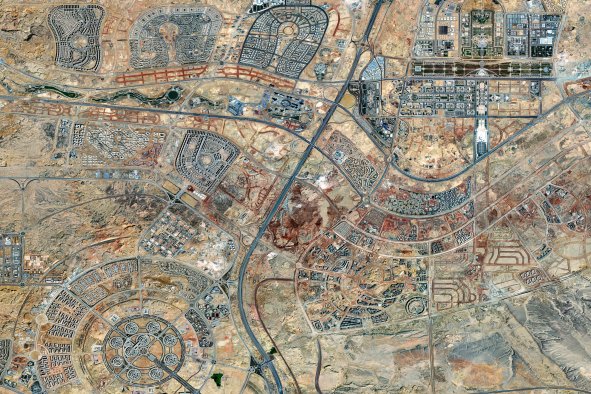North Korea has issued a fresh nuclear warning to the U.S. over its activities on the Korean Peninsula, interpreting them as rehearsals for an armed conflict.
The statement, issued by Pyongyang's Foreign Ministry, was in response to ongoing bilateral military exercises involving South Korea and the U.S.
On Monday, state-run news agency KNCA released a statement from the North Korean Foreign Ministry taking aim at exercise "Ulchi Freedom Shield," which it called "large-scale provocative joint military exercises."
"The current exercises, including a drill simulating a nuclear confrontation with the DPRK, bring to light clearer the provocative nature of Ulji Freedom Shield as a prelude to a nuclear war," the ministry said.
Newsweek has contacted the United States Indo-Pacific Command for comment on North Korea's claims.
On Monday, the US began its annual joint military drills with South Korea, with this year's exercises focused on improving their capabilities to deal with growing threats posed by North Korea.
The drills, set to continue through August 29, will involve over 40 types of field exercises, as well as drills intended to simulate missile attacks, GPS jamming and cyberattacks.
According to a spokesperson for South Korea's Joint Chiefs of Staff, quoted by Reuters, the alliance's bilateral exercises will also "further strengthen its capability and posture to deter and defend against weapons of mass destruction."
However, Pyongyang said that these defensive exercises resemble the historical behavior of countries preparing for conflict, and accused the two states of rehearsing a "beheading operation" against the Kim Jong Un regime.
"It is clearly recorded in the world history of wars that in preparation for a war, aggressor states followed a series of procedures, including adoption of war policy and military operation plan for its execution, advance deployment of forces, ceaseless simulated and actual war drills and war provocation," the ministry's statement read.
These annual drills have consistently drawn the ire of Pyongyang, as has the increasing presence and activity of the U.S. in the Indo-Pacific.
North Korea responded to last year's Freedom Shield drills by carrying out tests of a strategic cruise missile, overseen by Kim Jong Un, according to KNCA.
In June, following the conclusion of the first "multi-domain" trilateral exercises involving the U.S., South Korea and Japan, Pyongyang condemned the three countries' "reckless and provocative" actions, and warned that these would be met with "fatal consequences."
In its Monday statement, North Korea's Foreign Ministry also criticized America's "nuclear confrontation policy against the DPRK," which it said was evidenced by the creation of the U.S.-South Korean "Nuclear Consultative Group" in April 2023.
According to a joint statement from Joe Biden and South Korean President Yoon Suk Yeol in July, after the pair signed their first guidelines on nuclear deterrence on the Korean Peninsula, this group has "directly strengthened U.S.-ROK cooperation on extended deterrence, and managed the threat to the nonproliferation regime posed by the Democratic People's Republic of Korea."
Since the consultative group was launched in 2023, U.S. nuclear ballistic missile submarines have been sent to South Korean waters, which North Korea has warned "may fall under the conditions of the use of nuclear weapons."
Do you have a story we should be covering? Do you have any questions about this article? Contact LiveNews@newsweek.com.
Disclaimer: The copyright of this article belongs to the original author. Reposting this article is solely for the purpose of information dissemination and does not constitute any investment advice. If there is any infringement, please contact us immediately. We will make corrections or deletions as necessary. Thank you.




